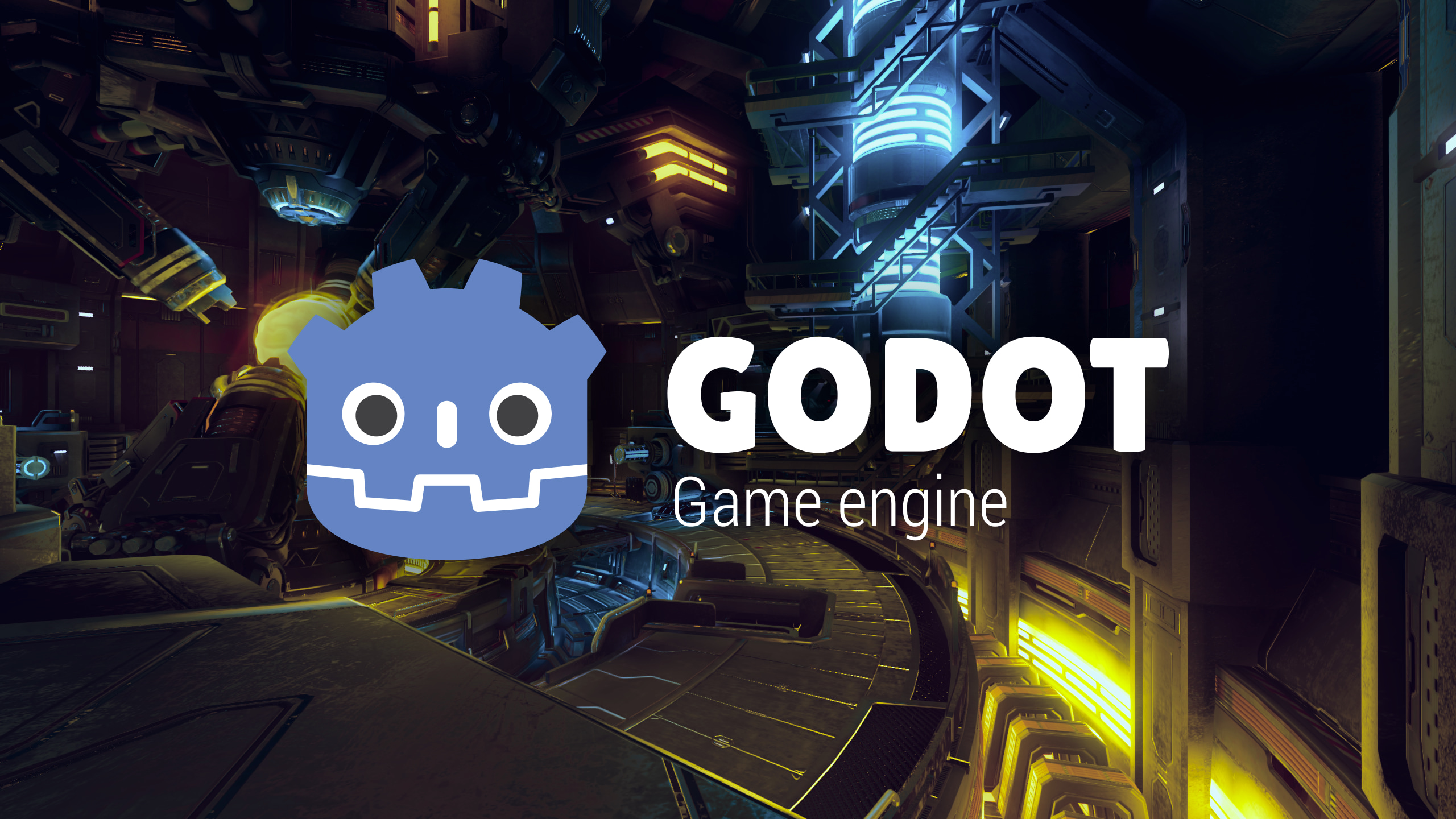Ever been captivated by the immersive world of Virtual Reality (VR)? The ability to build, create, and explore boundless virtual landscapes is nothing short of magical. But how, you might ask, does one go about developing for this futuristic medium?
“In a world where reality is often too ordinary, VR represents the boundless creativity of the human mind.”
Whether you’re a seasoned developer or a novice interested in the realm of VR, this article is for you. We’ve put together a list of the top 10 VR Software Development Tools for 2023. From game development platforms to 3D modeling software, we’ve got you covered.
To make it even more interesting, we’ve ranked the tools based on user reviews, features, and overall versatility. So strap on your VR headset and let’s jump into the future of software development!
Why VR Software Development Tools are Important
Imagine stepping into a virtual realm where you can explore, interact, and learn like never before. This is the magic of Virtual Reality (VR), and it’s changing the way we live, work, and play. The key to unlocking this digital door? VR software development tools.
The Backbone of Experiential Learning
VR software development tools are the backbone of experiential learning in the tech world. With these tools, developers can craft immersive, interactive experiences that transport users into new environments. Whether it’s for gaming, education, or even real estate tours, VR opens up a world of possibilities.
Driving Innovation in Various Sectors
From healthcare to the automotive industry, VR software development tools are driving innovation. Here’s how:
Healthcare
In healthcare, surgeons can rehearse delicate procedures in a virtual environment, reducing the risk of errors during real procedures. This is made possible by VR software development tools, which are used to create realistic, interactive simulations of complex surgical procedures.
Automotive Industry
Similarly, in the automotive industry, engineers are leveraging these tools to prototype vehicle designs before they’re even built. This allows them to test and optimize designs in a cost-effective manner, without needing to construct physical prototypes.
By providing these examples, it’s clear to see that VR software development tools are crucial for driving innovation and creating effective solutions in a variety of sectors.
Empowering Creativity
Lastly, these tools empower creativity. They enable developers to create worlds that stretch the boundaries of imagination, bringing dreams to life in a virtual space. With VR software development tools, the only limit is your creativity.
Factors to Consider when Choosing VR Software Development Tools
Deciding on the right Virtual Reality (VR) software development tools is not a task to be taken lightly. With a ton of options on the market today, it’s important to take a few key factors into account before you make your decision.
Compatibility & Platform Support
First and foremost, you’ll want to ensure that your chosen tool is compatible with your preferred development platform. Whether you’re working with Unity, Unreal Engine, or another platform, the tool should seamlessly integrate and support your workflow.
Quality of Graphics
In the world of VR, the quality of graphics can make or break your user’s experience. Look for tools that offer high-definition rendering, realistic lighting effects, and robust texture capabilities.
Learning Curve
While some tools may be packed with features, they may also come with a steep learning curve. Choose a tool that aligns with your skill level. This way, you can ensure you’re able to fully utilize its functionalities without spending too much time on learning.
Community & Support
A strong community and support system are invaluable when it comes to troubleshooting and learning new tips and tricks. Tools with active communities and responsive support teams can make your VR development journey smoother and more enjoyable.
Examples of Tools with Strong Communities and Support
- Unity: With a vast and active user community, Unity provides extensive resources for learning and problem-solving. Plus, their support team is known for its responsiveness.
- Unreal Engine: Unreal Engine boasts a robust online community that offers tutorials, advice, and assistance. Their dedicated support team is also quite active.
- A-Frame: A-Frame’s community-driven platform fosters collaboration and sharing of ideas. Their support system is particularly helpful for newcomers to VR development.
- WebVR: As an open-source tool, WebVR benefits from a supportive community of developers constantly contributing to its improvement. Their support team is also admired for its dedication to user satisfaction.
Price
Last but not least, consider the cost. While some high-end tools come with hefty price tags, there are also plenty of affordable – or even free – options available that offer powerful functionalities. Remember, expensive doesn’t always mean better.
When armed with these considerations, you’ll be able to navigate the sea of VR software development tools with confidence, and find the one that’s just right for your needs.
The Top VR Software Development Tools for 2023
Looking to dive into the immersive world of Virtual Reality (VR) development? You’re in the right place! This article will guide you through the top 10 VR software development tools that will make waves in 2023.
1. Unity

Unity remains the top choice for VR development, thanks to its powerful rendering abilities and extensive asset store. Whether you’re a beginner or seasoned developer, Unity’s versatility and robust community support make it a must-have tool.
2. Unreal Engine

For those seeking photorealistic visuals, Unreal Engine is the way to go. This tool, known for its high-fidelity graphics and visual scripting system, helps push the boundaries of VR experiences.
3. Godot Engine

Distinguished for its lightness and efficiency, Godot Engine is perfect for VR developers looking to focus on gameplay and mechanics. Plus, it’s open-source and completely free!
4. A-Frame
A-Frame is a web-based VR development tool, perfect for creating interactive VR experiences right in your browser. With the power of HTML and JavaScript, A-Frame brings VR to the web with ease.
5. Blender
When it comes to modeling and animation for VR, Blender stands out. This open-source tool comes packed with a suite of 3D creation tools and is renowned for its flexible, artist-friendly interface.
6. Amazon Sumerian
Enter the realm of AR/VR development with Amazon Sumerian. Its easy-to-use interface and compatibility with various platforms make it a great tool for creating and running interactive 3D scenes.
7. SketchUp
For architectural and interior design VR applications, SketchUp is a top choice. Its simplicity and powerful 3D modeling capabilities make it an ideal tool in the VR world.
8. WebXR API
For developers working on web-based VR experiences, the WebXR API is a game-changer. It’s a JavaScript API that allows you to create immersive VR experiences directly in the browser.
9. VRTK (Virtual Reality Toolkit)
VRTK is a collection of useful scripts and components to aid in developing VR solutions in Unity. With its wide range of features, it greatly simplifies the process of VR development.
10. CryEngine
Completing our list is CryEngine, known for its stunning graphics and efficient gaming solutions. Its advanced physics system and realistic rendering make it an excellent tool for creating immersive VR experiences.
